
Do you sometimes sprinkle grated Parmesan cheese on your dog's food to entice them to eat? Maybe you've stopped and wondered if your dog should be eating Parmesan.
Parmesan is a hard, aged cheese originating from the Reggio Emilia, Parma region of Italy. It is a hard cheese, meaning it is low in lactose, as opposed to softer cheeses such as mozzarella and brie. It is also an aged cheese (sometimes aged up to 12 months), meaning it is higher in sodium than non-aged cheeses. It's important to note that 'true' Parmesan cheese is more commonly called Parmigiano-Reggiano in the United States. While the Parmesan you can purchase pre-grated in plastic shakers is technically Parmesan cheese, these contain preservatives not used in classic Parmesan.
Most dogs are actually lactose intolerant to a point. Dogs lack the enzyme lactase needed to break down the milk sugar lactose. A healthy dog may be able to tolerate up to 2 g of lactose per kg of body weight. There's 2.2 lbs in 1 kg, so if you know your dog's weight in pounds, simply divide by 2.2 to determine their weight in kilograms. Grated Parmesan may contain anywhere from 2.9% to 3.7% lactose, while fresh Parmigiano-Reggiano may contain anywhere from 0 to 3.2% lactose. Since Parmesan is a hard cheese with less lactose in it than some other, softer cheeses, it may be easier for your pup to digest.
The aging process means it will naturally be higher in sodium than other cheese varieties. When Parmesan was first created, salt was the most commonly used natural preservative, so it remains a high source of salt. This can be a health concern for healthy dogs but especially for dogs with certain diseases, including heart and kidney disease. If your dog has a heart or kidney condition, you should avoid feeding them Parmesan, as salt toxicity is something that can happen in dogs. For most healthy, adult dogs, a toxic dose of salt is ~4000 mg of salt per kg of body weight. Dogs with heart disease or kidney disease will be even more sensitive to salt. Parmesan cheese has about 76 mg of salt per tablespoon of cheese. A healthy dog will need to ingest a large amount of cheese for it to be considered deadly, but that doesn't mean non-lethal doses are healthy. A dog should consume no more than 1 mg of salt per kg of body weight per day. Keep in mind, though, that your dog is consuming salt in their diet and other treats, not just Parmesan.
Due to its low lactose level, Parmesan can be easier on your dog's GI system than other cheeses. In large amounts, though, your dog can still experience gastrointestinal upset. If your dog is intolerant of the lactose in Parmesan you may see any of the following:
Since Parmesan is higher in salt content than it is in lactose, signs of salt toxicity will be more commonly seen than signs of lactose intolerance. A dog that has consumed too much salty Parmesan will exhibit the following symptoms:
True cases of salt toxicity, if not treated immediately, can lead to coma and death, so if your dog eats Parmesan and you then notice any of the above symptoms, seek veterinary attention immediately.
If your dog eats Parmesan, first try to determine how much Parmesan they ate. Depending if you have a shaker bottle of grated Parmesan or a block of it, this may be more or less difficult to figure out accurately. If they ate a large amount of cheese (relative to how big your dog is—a 5 lb dog eating a whole shaker bottle of Parmesan will be affected differently than a 55 lb dog eating that same shaker bottle of Parmesan), you can call your vet or Pet Poison Control to determine if you should seek medical attention now or if you should ride it out and monitor for symptoms. In the United States you can call (888) 426-4435 to contact the ASPCA Pet Poison Hotline or (855) 764-7661 to contact the Pet Poison Helpline.
If the hotline does recommend a vet visit, they will give you a case number to then give your veterinarian. This is helpful for your veterinarian as they can call the hotline and get
specific recommendations from the veterinary toxicologist for your dog. While most veterinarians know what is poisonous for your dog to consume and what isn't, there are so many toxins your dog can get into, there is a different treatment for each, and the treatment plans can change based on a dog's medical history and how they are responding to therapy. The veterinarians that work at pet poison control centers are essentially veterinary specialists when it comes to toxin ingestion.
While most dogs can eat small amounts of cheese and not have any lasting side effects, not all cheeses are created the same. Parmesan cheese, with it's high salt content, isn't the best dog treat or food topper. Instead, opt for something like cottage cheese. This is a much healthier product for your dog to be snacking on.

Why Two Kittens Are Better Than One
There are benefits of adopting two kittens, such as more feasible training and companionship between them.
Everything You Need to Know About Raising Your First Cat
Whether you are thinking about getting a cat or just adopted your first one, these are the things to know to make your relationship a lasting one.
How Can I Tell the Sex of a Cat?
Telling male and female cats apart can be difficult for those who don't know what they're looking for. Here are helpful tips to discover their sex.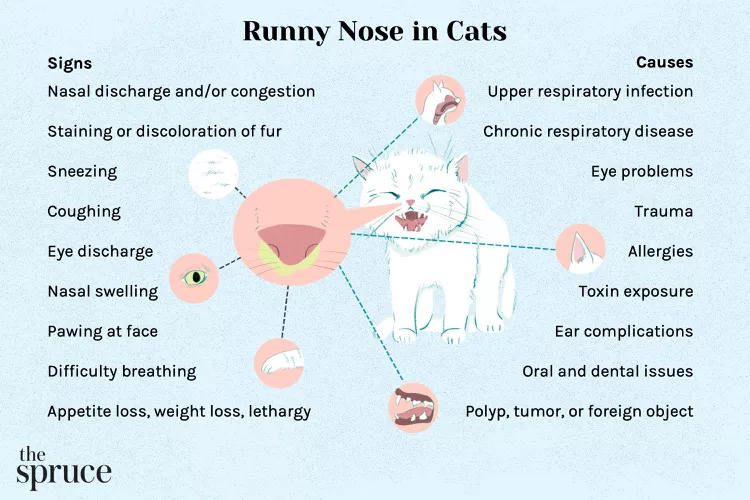
Runny Nose in Cats: Causes and Treatment
Cats get runny noses due to upper respiratory issues, but many conditions can cause this. Learn the causes of runny noses in cats and the associated signs. Find out how vets diagnose and treat cats with runny noses.
How Long Can You Safely Leave Canned Cat Food Out?
You cannot safely leave canned cat food out all day. Twenty to 30 minutes is the max, so give smaller portions and reheat food for later feedings.
Meat Byproducts in Cat Food
Most cat experts recommend premium brands of cat food that avoid ingredients like byproducts and chicken meal. Learn what to look for on the label.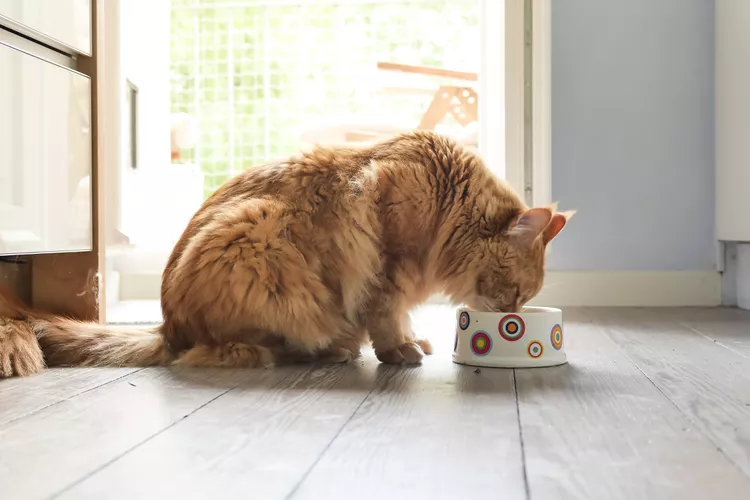
How Much Wet Food to Feed a Cat Every Day
The amount of wet food your cat needs depends on factors such as age, weight, body condition, and lifestyle. Learn how much wet food to feed your cat.
Taurine for Cats
Taurine is an essential animal protein in your cat's diet. Learn more about the various ways it supports your feline's body.
The Different Types of Pet-Friendly Workplaces
Discover the different types of pet-friendly workplaces and the benefits they offer employees. Learn how to create a pet-friendly workplace and the best practices for pet owners.
8 Halloween Safety Tips for Pets
The spooky holiday can be overstimulating and even dangerous for pets. Here's how to avoid the problems caused by toxic candy and incessant doorbells.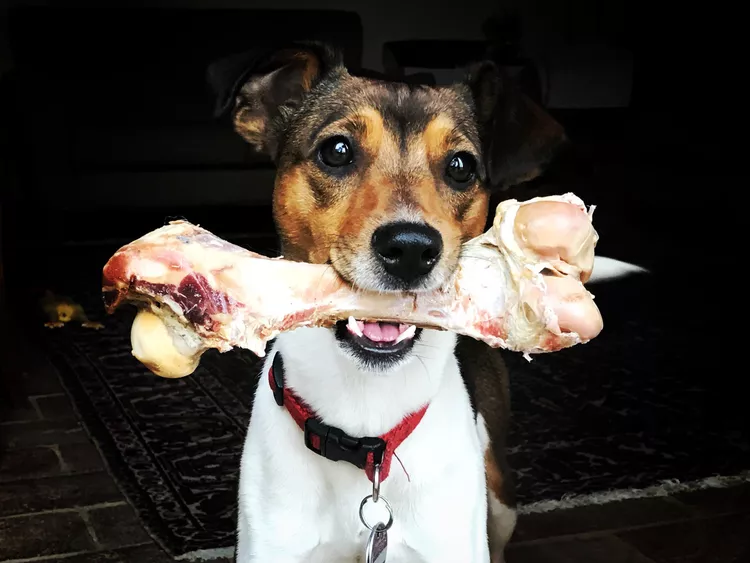
Why You Should Keep Cooked Bones Away From Your Dog This Holiday Season
People should be aware of the dangers of cooked bones, especially around the holidays when they might be more accessible to your pup.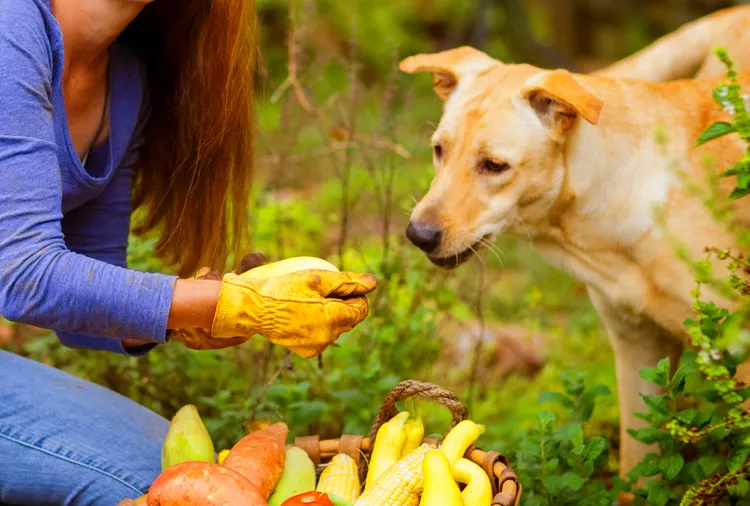
Can Dogs Eat Squash? Here's What a A Vet Thinks
Dogs can safely eat squash as long as it's prepared correctly. Find out how to properly feed this versatile fruit to your dog.
16 Small Cat Breeds That Are Petite Purring Machines
Small cat breeds like the Singapura and munchkin may be smaller than an average housecat, but they leave a giant imprint on your heart.
10 Best Cats With Big Ears
Cats with big ears often look extra endearing. Check out some common big-eared cats, including the Abyssinian, Devon Rex, Siamese, Sphynx, and more.
Javanese (Colorpoint Longhair): Cat Breed Profile, Characteristics & Care
The Javanese is a semi-longhaired, color-pointed cat of Siamese type. They are related to the Siamese, Colorpoint Shorthair, and Balinese breeds.
How to Stop Aggression in Dogs
Dog aggression can be a serious behavior issue for pet owners. Learn how to stop aggression in dogs before someone gets hurt.
Should Dogs Be Allowed on Furniture?
Should you let your dog on the couch or in the bed with you? Are there any reasons we should not let dogs on the furniture? Here's what to know.
Why Do Dogs Eat Rocks?
One of the most common non-food items for dogs to eat are rocks. Here's what to know about why dogs eat them and how can you stop your dog from eating rocks.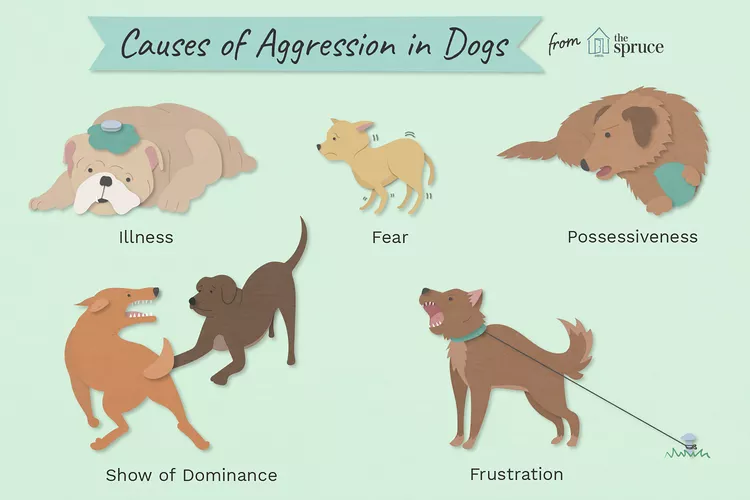
Why Dogs Get Aggressive and How to Stop It
Why is your dog biting you aggressively? Sometimes dogs can become aggressive with little warning. Find out what causes your dog to become aggressive so you can work with the behavior.
Thai Ridgeback: Dog Breed Characteristics & Care
Learn all about the Thai Ridgeback, a rare breed from Thailand. Find out how to care for the loyal dog and where to buy or adopt one.